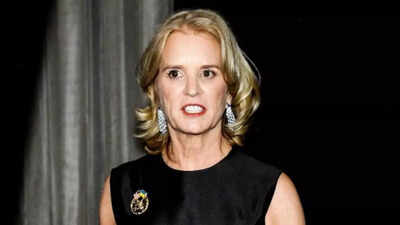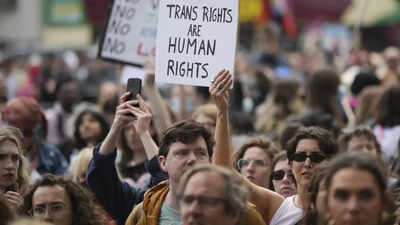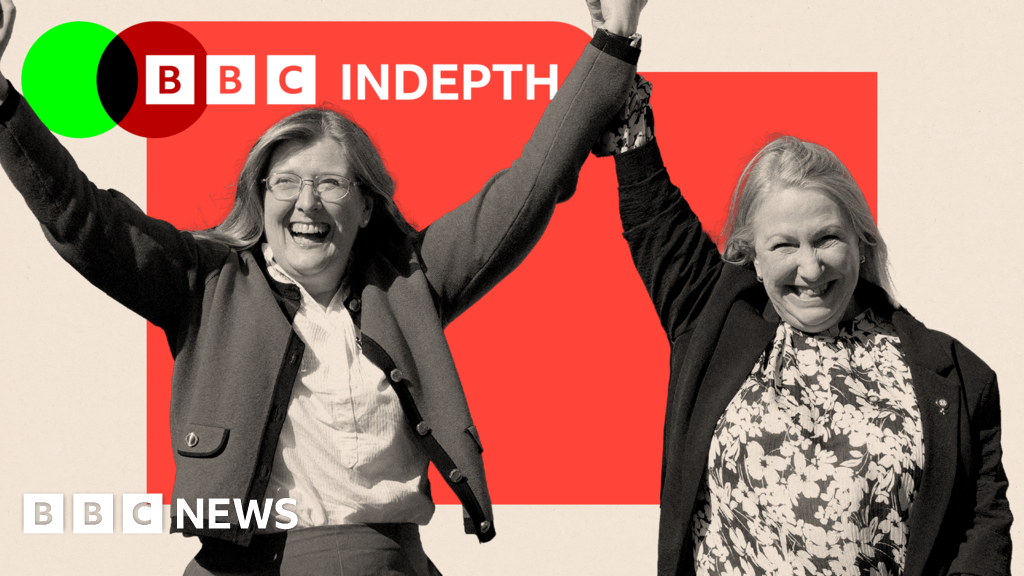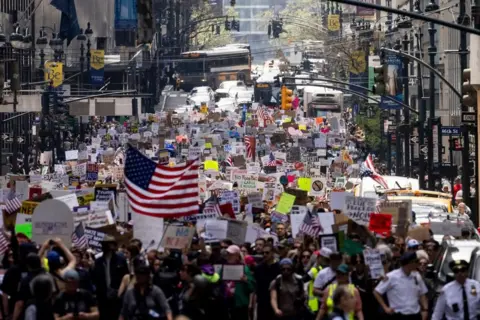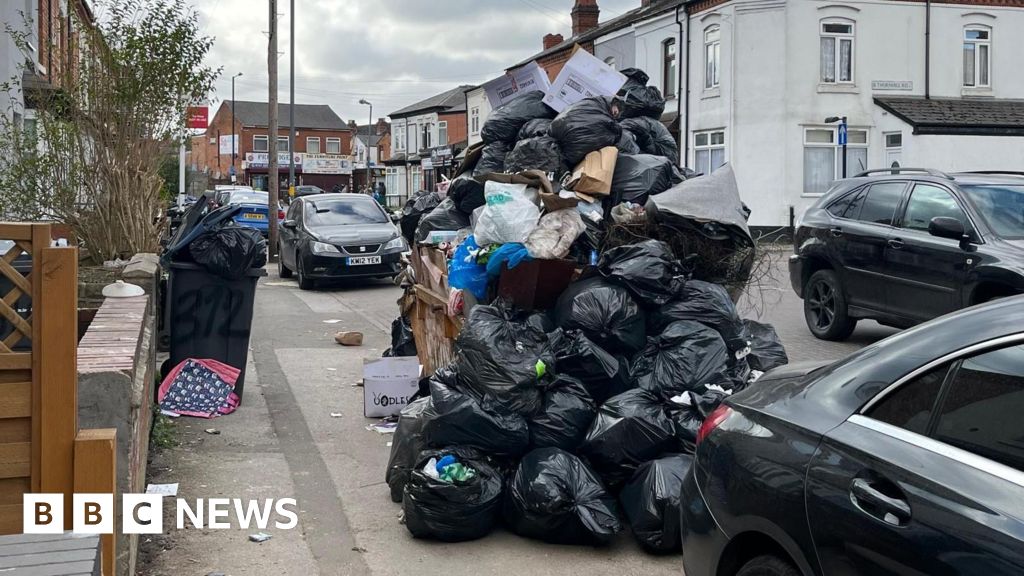U.S. and Iran Engage in Fruitful Nuclear Talks in Rome, Agree to Further Discussions

ROME: In a significant development in international diplomacy, the United States and Iran wrapped up a second round of crucial talks concerning Tehran's nuclear program on Saturday, April 19. The discussions, mediated by Oman, lasted approximately four hours and were characterized as constructive by both sides. Iranian state television reported that Tehran's chief negotiator, Abbas Araghchi, deemed the meeting a success, highlighting that it led to a "better understanding" on a series of fundamental principles and objectives.
Araghchi stated in an interview with Iranian state media, "This time we managed to reach a better understanding on a series of principles and goals." His remarks reflect a cautious optimism regarding the ongoing negotiations, which are pivotal in addressing longstanding tensions between the two nations.
Iran's foreign ministry spokesperson, Esmaeil Baqaei, announced that the negotiating parties had agreed to resume indirect discussions at a technical level over the coming days. Subsequently, a meeting involving two senior negotiators is scheduled for next Saturday, April 26. This forthcoming session will take place in Muscat, Oman, marking a return to the location of the initial round of talks held just a week prior.
The significance of these discussions cannot be overstated, as they represent the first high-level negotiations between the U.S. and Iran since former President Donald Trump unilaterally withdrew from the landmark nuclear accord in 2018a move that has since exacerbated tensions in the region.
Western countries, particularly the United States, have long expressed concerns that Iran is actively pursuing nuclear weapons capabilities, a claim that Tehran has vehemently denied. Iran maintains that its nuclear program is intended solely for peaceful civilian applications.
In a statement following the conclusion of Saturday's talks, Oman's foreign ministry confirmed that negotiators Araghchi and U.S. Middle East envoy Steve Witkoff had reached an agreement to continue discussions, signaling a potential thaw in relations between the two nations. As the world watches closely, the upcoming meetings will be critical in determining the future of diplomatic engagement surrounding Iran's nuclear ambitions.












